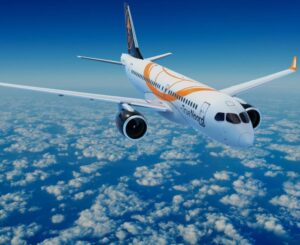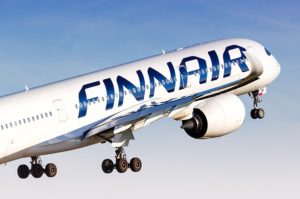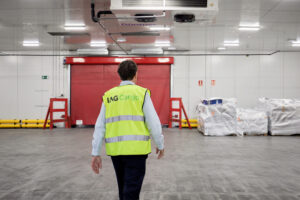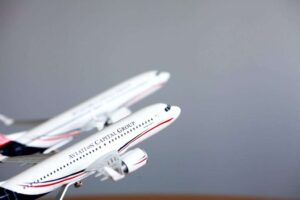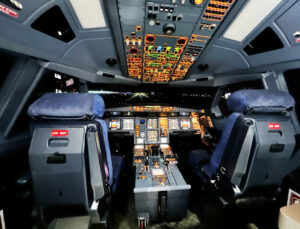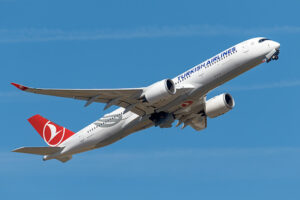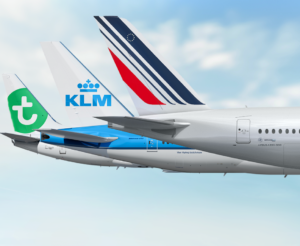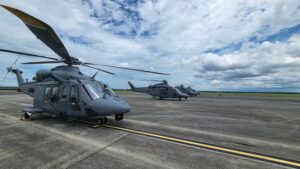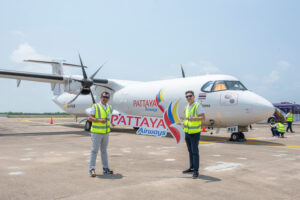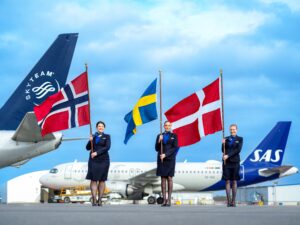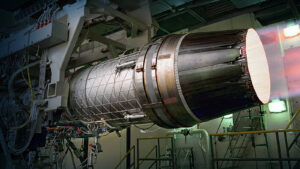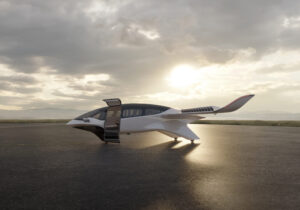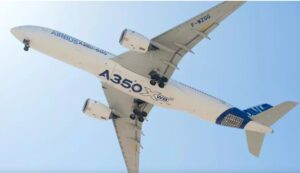American planemaker Boeing has released it’s annual Commercial Market Outlook (CMO) in which it projects a demand for 41,000 new aircraft through 2041, underlining the industry’s resilience against the global pandemic. This equates to a US$7.2 trillion value, at today’s figures, for delivered aircraft, half of which will be used to replace existing planes in order to improve fuel efficiencies and sustainability. Of the 41, 000 aircraft to be delivered, it is estimated that 75% will be narrow-body jets and 18% will be wide-body aircraft, while Boeing estimates that US$3.6 trillion of the demand will be for Boeing related products beyond aircraft, including maintenance and modifications such as converted freighters; digital solutions that increase efficiency and reduce cost; and effective training to enable the supply of pilots and technicians.
“Despite the unprecedented disruption over the past two years, the aviation industry has shown incredible resilience adapting to the challenge,” said Ihssane Mounir, Boeing’s Senior Vice President of Commercial Sales and Marketing. “The 2022 CMO draws upon our expertise forecasting market trends to demonstrate the strong demand for new airplanes and related services in the coming decades, providing a waypoint as the industry continues to navigate its recovery.”
The CMO also predicts continued robust demand for dedicated freighters to support global supply chains and growing express networks. Carriers will need 2,800 additional freighters overall, including 940 new wide-body models in addition to converted narrow-body and wide-body freighters over the forecast period. Boeing estimates that Asian markets will account for 40% of long-term global demand for jets, and 20% each for Europe and North America. The company sees South-east Asia fleet growth at 6.2% annually, while the region’s fleet size should quadruple thanks to demand from Indian carriers.
This year’s CMO excludes any forecast for airplane deliveries to Russia due to sanctions against aircraft exports. This has ‘reduced’ global 20-year demand by about 1,500 airplanes when compared to last year’s CMO.



